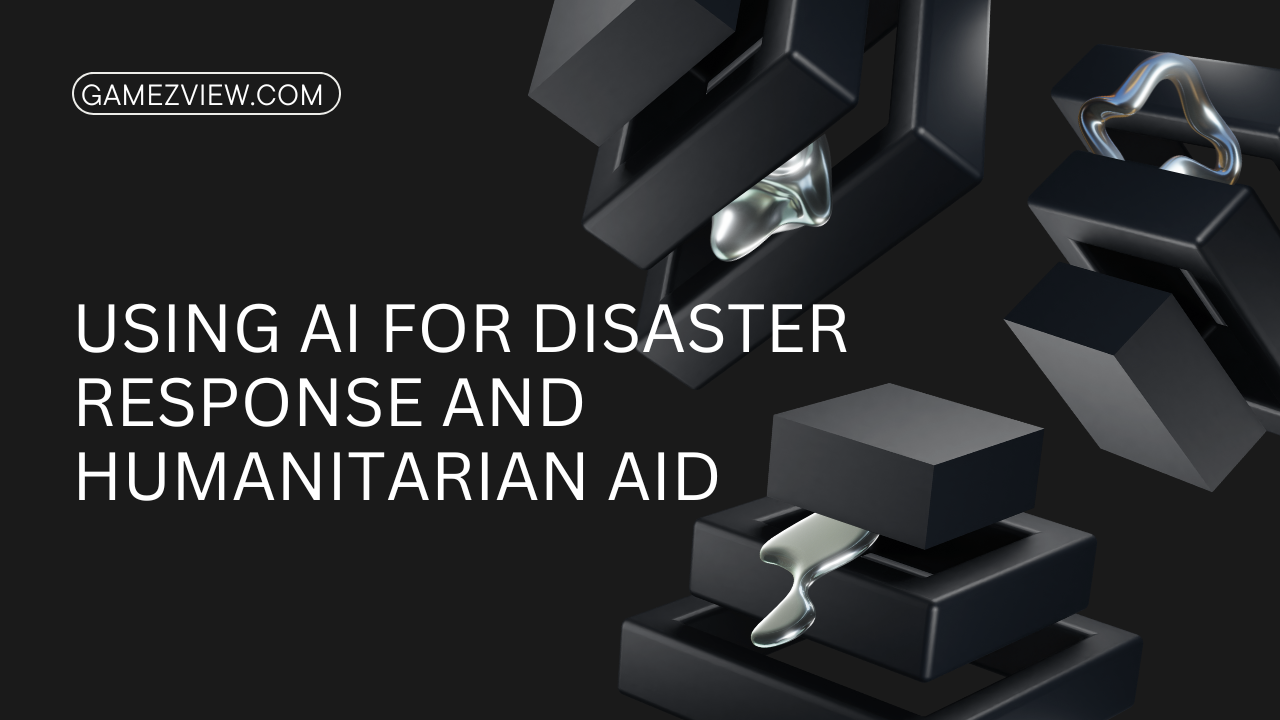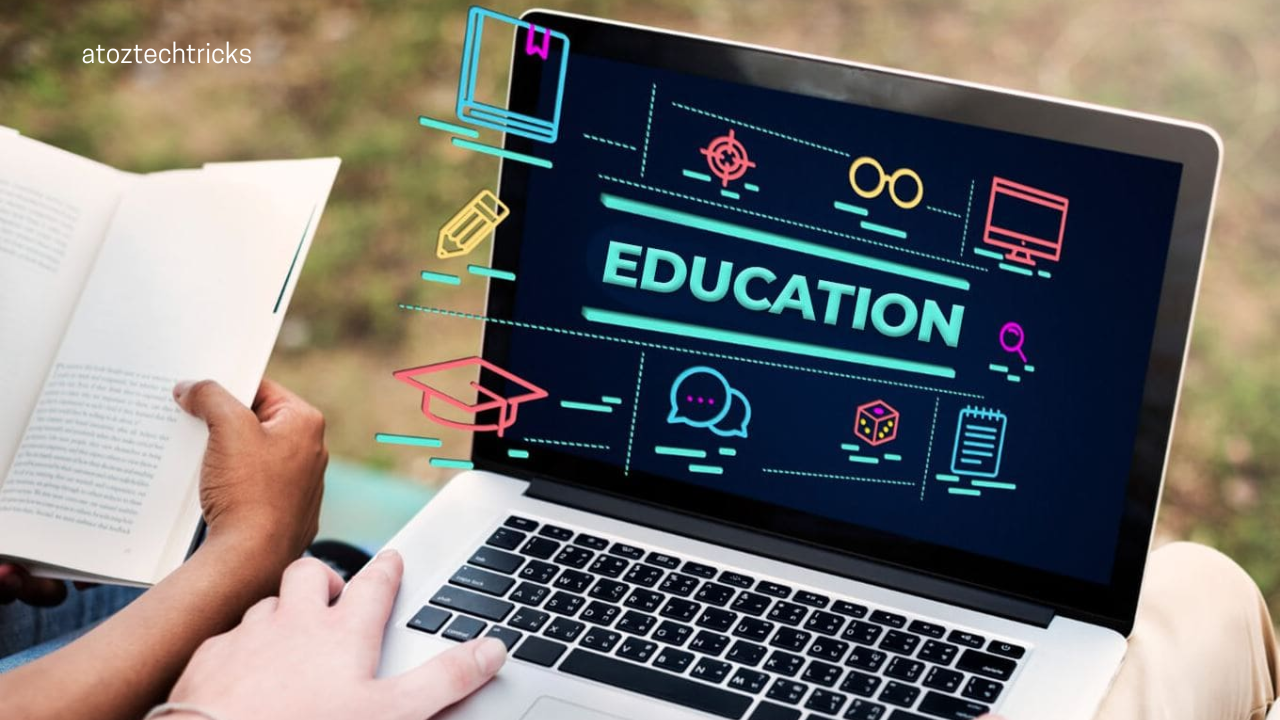Disasters, both natural and man-made, have devastating consequences for communities worldwide, often leading to loss of life, displacement, and widespread destruction. In the face of such adversity, leveraging Artificial Intelligence (AI) for disaster response and humanitarian aid offers a beacon of hope, enabling more effective, efficient, and timely interventions. In this article, we explore the transformative potential of AI in mitigating the impact of disasters and delivering critical assistance to those in need.
Early Warning Systems
AI-powered early warning systems play a crucial role in disaster preparedness and risk reduction by analyzing vast amounts of data, including satellite imagery, weather forecasts, seismic activity, and social media feeds, to detect potential threats and alert authorities and communities in advance. Machine learning algorithms can predict the onset and trajectory of natural disasters such as hurricanes, earthquakes, and wildfires with greater accuracy, allowing for timely evacuation, resource allocation, and disaster response planning.
Disaster Mapping and Damage Assessment
Following a disaster, AI technologies enable rapid mapping and damage assessment of affected areas, facilitating more efficient allocation of resources and coordination of response efforts. Satellite imagery, aerial drones, and remote sensing technologies equipped with AI algorithms can assess the extent of damage to infrastructure, buildings, and vegetation, enabling responders to prioritize areas in need of assistance and plan rescue and recovery operations accordingly.
Humanitarian Assistance and Service Delivery
AI-powered chatbots and virtual assistants provide vital assistance to affected populations by delivering critical information, support, and services in real time. Natural language processing (NLP) algorithms enable these digital helpers to understand and respond to inquiries, provide guidance on emergency procedures, connect individuals with emergency services, and offer psychological support to those experiencing trauma and distress. By leveraging AI-driven technologies, humanitarian organizations can scale their response efforts and reach more people in need, even in remote or hard-to-reach areas.
Predictive Analytics and Resource Management
AI-driven predictive analytics empower disaster response agencies and humanitarian organizations to anticipate needs, optimize resource allocation, and coordinate logistics more effectively. By analyzing historical data, population demographics, and socioeconomic indicators, machine learning algorithms can forecast the demand for essential resources such as food, water, shelter, and medical supplies in disaster-affected areas, enabling preemptive deployment and distribution of aid to mitigate suffering and save lives.
Challenges and Ethical Considerations
While AI holds immense promise for improving disaster response and humanitarian aid, it also presents significant challenges and ethical considerations that must be addressed. Concerns related to data privacy, algorithmic bias, accountability, and transparency require careful attention to ensure that AI-driven interventions prioritize the safety, dignity, and rights of affected populations. Additionally, there is a need for greater collaboration and knowledge sharing among stakeholders, including governments, aid agencies, tech companies, and local communities, to harness the full potential of AI for disaster resilience and humanitarian action.
AI has the potential to revolutionize disaster response and humanitarian aid, offering innovative solutions to complex challenges and enabling more effective and efficient assistance to those in need. By harnessing the power of AI for early warning systems, disaster mapping, humanitarian assistance, predictive analytics, and resource management, we can build more resilient communities and save lives in the face of adversity. However, realizing this potential requires a concerted effort to address ethical, regulatory, and technical considerations while fostering collaboration and innovation across sectors. Together, we can leverage AI as a force for good and pave the way towards a safer, more resilient, and compassionate world.



